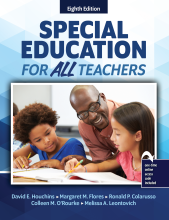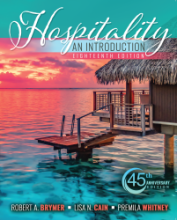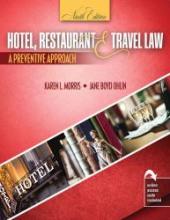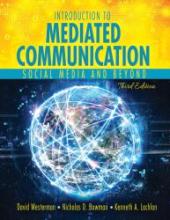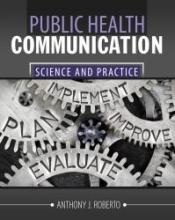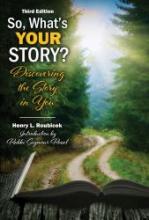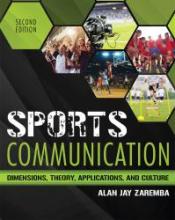Management: The Right Work, Done Well!
Author(s): DENIS G. HAMILTON
Management: The Right Work, Done Well! covers all the key topics expected in an introductory management textbook. The publication features an easily readable and understandable format based on the primary purpose of management - to get the “Right Work, Done Well!”The publication is written by Denis ...Open for Business: Fundamentals for Today's Business
By: MARK JACOBS, Sherryl L Berg-Ridenour, Jonathan Opata, David Walker, Corinne Bodeman
about product
Open for Business: Fundamentals for Today's Business
Author(s): MARK JACOBS, Sherryl L Berg-Ridenour, Jonathan Opata, David Walker, Corinne Bodeman
Open For Business: Fundamentals for Today’s Business is written by educators with both corporate and academic experience. This introductory level business textbook provides all of the necessary information in an easy to read and retainable format. Written in an easy to read format, Open For Busi...GenderSpeak: Communicating in a Gendered World
Author(s): Diana K. Ivy
The World of Gender and Communication is Constantly Changing.To meet the needs of this evolving environment, Diana K. Ivy’s GenderSpeak is divided into a three-part structure: Communication and Gender: The Basics; Gender Communication and Relationships; and Gender Communication in Context.Written fo...Special Education for All Teachers
By: DAVID E HOUCHINS, Ronald P Colarusso, Colleen M O'Rourke, MELISSA LEONTOVICH, MARGARET FLORES
about product
Special Education for All Teachers
Author(s): DAVID E HOUCHINS, Ronald P Colarusso, Colleen M O'Rourke, MELISSA LEONTOVICH, MARGARET FLORES
New 8th Edition!Good teachers have the desire and ability to assume and meet the challenge of successfully addressing the needs of diverse students in the general education classroom when provided with the necessary knowledge and resources.Special Education for All Teachers provides readers with rel...Hospitality: An Introduction
Author(s): Robert A Brymer, Lisa N. Cain, Premila Whitney
*Features updated information related to Pandemics and other industry disruptionsHospitality: An Introduction is systemically organized for introductory students. This long-standing, successful book introduces many of the “must know” topics important to hospitality within a traditional business fram...Hotel, Restaurant, and Travel Law: A Preventive Approach
Author(s): Karen L. Morris, Jane Boyd Ohlin
If an ounce of prevention on is worth a pound of cure, Hotel, Restaurant, and Travel Law: A Preventive Approach is a vital resource for any industry professional! Hotel, Restaurant, and Travel Law: A Preventive Approach is a comprehensive, yet approachable, guide to the legal knowledge needed to ...Introduction to Mediated Communication: Social Media and Beyond
By: David Keith Westerman, Nicholas David Bowman, Kenneth A Lachlan
about product
Introduction to Mediated Communication: Social Media and Beyond
Author(s): David Keith Westerman, Nicholas David Bowman, Kenneth A Lachlan
Computers allow us to do things today that were barely dreamed of 60 years ago. Today, computers and networks provide us a personal space in which we can share our innermost thoughts and feelings on a large network with others. Introduction to Mediated Communication explains and discusses mediat...Public Health Communication: Science & Practice
Author(s): Anthony Roberto
Public Health Communication: Science and Practice provides a comprehensive overview of how to effectively plan, implement, and evaluate public health communication interventions. Written in a clear and accessible style, this book: reviews the social marketing...So, What's Your Story? Discovering the Story in You
Author(s): Henry L Roubicek
New Third Edition Now Available! Unlike the metamorphosis that occurs to a butterfly or a frog, telling a story will probably not dramatically alter your character, physical structure, or even circumstances. However, as a storyteller, you can imagine it did. Anchored by the need to write about...Sports Communication: Dimensions, Theory, Applications, and Culture
Author(s): Alan Jay Zaremba
New Second Edition Now Available! Sports Communication: Dimensions, Theory, Applications, and Culture by Alan Jay Zaremba examines the interdependent relationships between sport and communication that affect culture, economic, politics, team performance, educational systems, and social interactio...Pagination
- First page
- Previous page
- …
- 10
- 11
- …
- Next page
- Last page


